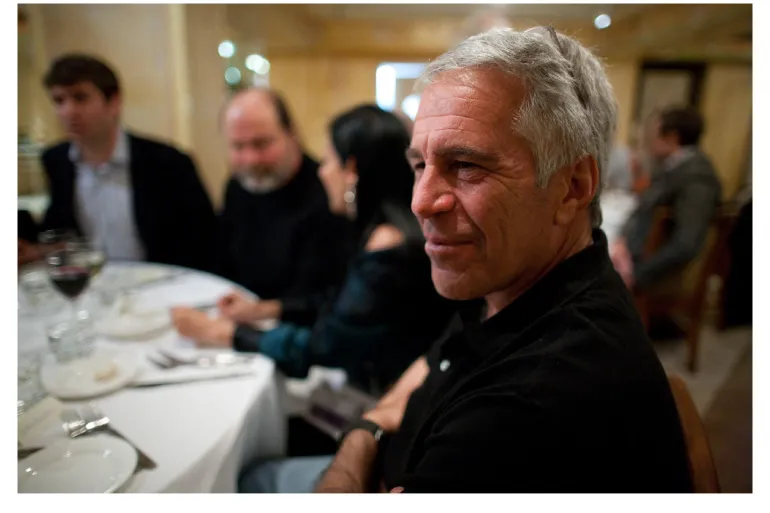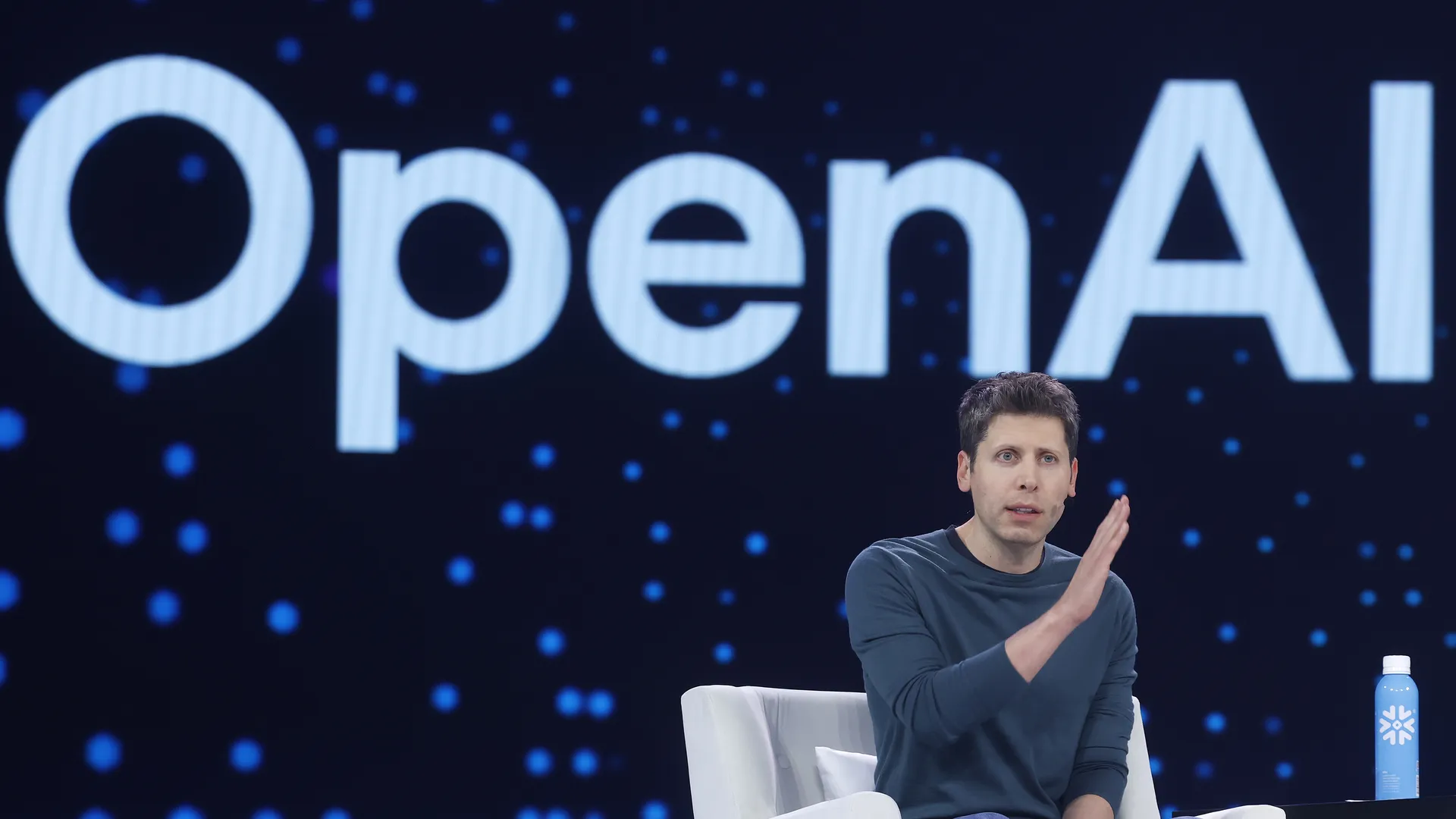As financial institutions rapidly adopt artificial intelligence, the demand for data infrastructure is surging, Forbes reports.
According to a recent Goldman Sachs report, global power consumption by data centers is expected to rise by 50% by 2027 — and could climb 165% by the end of the decade, driven largely by the AI boom in sectors like banking and finance.
In a discussion with industry leaders, including Bill Borden (Microsoft), John Kain (AWS), and Toby Brown (Google Cloud), the consensus is clear: AI is transforming financial services — and data centers are becoming the critical engines behind this shift.
Financial institutions have long excelled at managing data for compliance and risk management. But today, that same discipline is enabling a new generation of AI-powered tools and services.
“Clean, correct, and structured data is foundational,” said Microsoft’s Bill Borden, referencing the company’s recent launch of Microsoft Fabric, a cloud platform designed to centralize and streamline data operations.
Google Cloud’s Toby Brown noted that many banks have traditionally been “data-rich but insight-poor.” With tools that merge siloed data into unified systems, financial firms can now apply generative AI directly to their datasets — unlocking faster, more personalized decision-making and operational efficiency.
John Kain from AWS emphasized the importance of interoperability and data sharing. He cited BBVA as an example of a bank successfully implementing a unified data-sharing framework. Meanwhile, Goldman Sachs and JPMorgan are also monetizing their internal data expertise, signaling a broader shift toward collaborative, cloud-based ecosystems.
“Breaking down silos is critical,” Kain said. “It’s the backbone for any meaningful AI deployment.”
Generative AI is also reshaping the customer experience. Google’s Gemini, for instance, is being used at Discover to assist over 10,000 service agents, transforming contact centers into revenue opportunities by surfacing relevant offers in real time.
On the development side, Microsoft’s GitHub Copilot has helped teams at Citi improve productivity and security, supporting faster code deployment and reducing time-to-market for AI applications.
“Banks finally have the ability to turn support functions into real growth drivers,” Brown explained.
Despite rapid progress, AI adoption in finance faces unique regulatory challenges. Compliance remains central, particularly in algorithmic transparency and data security.
“Financial institutions have a head start here,” said Kain, noting that existing regulatory structures often align well with responsible AI use.
Google Cloud’s Brown emphasized a “low-risk-first” approach, with banks starting AI deployments in tightly controlled environments. Borden highlighted ongoing collaboration with regulators to ensure frameworks are both robust and adaptable.
All three executives expect AI to redefine the financial services landscape over the next few years:
Microsoft predicts a rise in “digital labor,” where AI agents work alongside human teams, delivering instant insights and automating routine tasks.
AWS envisions the evolution of “agentic generative AI” that can independently complete complex financial workflows, potentially replacing traditional APIs.
Google Cloud anticipates a move toward multimodal AI, where advice is delivered not through reports and dashboards but via video, voice, and interactive content.
“The future of financial advice could look more like a podcast than a pie chart,” Brown said.










The latest news in your social feeds
Subscribe to our social media platforms to stay tuned